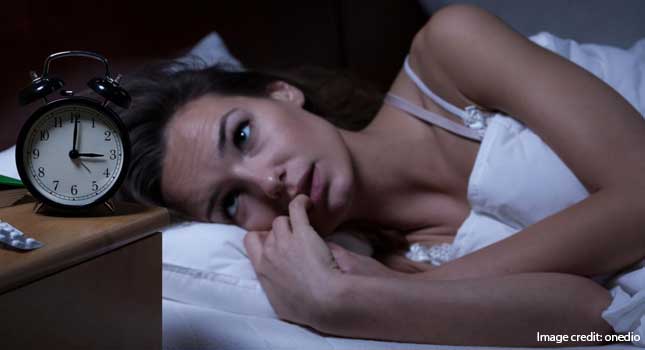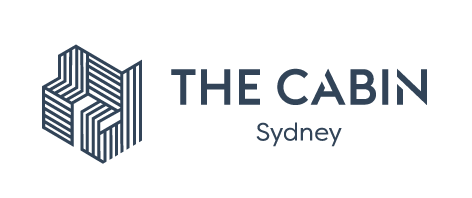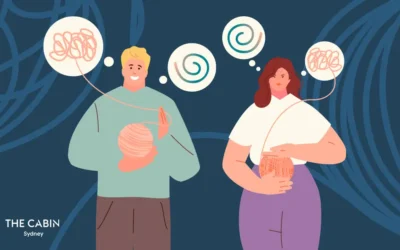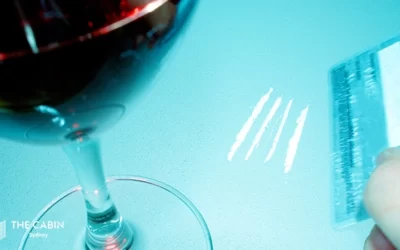Getting enough sleep is important, especially in the early stages of recovery. Unfortunately, many people who are newly sober find a good night’s sleep particularly hard to come by. We lay down 6 tips to beat insomnia and get the sleep you need to stay strong in addiction recovery.

Sharelines
Do you have trouble falling asleep or staying asleep? Are you kept up by racing thoughts or disturbing dreams? One of the most common complaints in early recovery is insomnia. During addiction treatment, you need all of the help you can get to stick with it.
Those in recovery are five times more likely to suffer from insomnia than the general population. Since pharmacological sleep aids pose an addiction risk of their own, we explore some strategies for catching Zs, naturally.
How Early Recovery Ruins Your Sleep
Many of those in treatment used drugs or alcohol to help them fall asleep while they were using. Especially if this has been a part of your routine for years, it may take a while for your body to adjust to finding sleep that is not chemically induced. For those experiencing unpleasant physical withdrawal symptoms, falling asleep becomes even more difficult.
Psychological factors also contribute to insomnia in early recovery. The transition from addiction to sober living can be quite drastic and lead to a great deal of regret about the past and worrying about the future.
Sleep deprivation can leave you feeling exhausted, unable to focus, anxious or depressed and can significantly impair your decision making and ability to control your emotions. Many people feel ill-equipped to meet these challenges in the vulnerable stages of early recovery, explaining why insomnia is a risk factor for relapse.
Strategies for Beating Insomnia
Most people are able to return to a normal sleep schedule after a couple of weeks. While there is no quick fix for insomnia, the following tips can help invite sleep, helping to keep you on top of your early recovery game.
1. Prepare For Sleep All Day Long
A good night’s rest is not just something to think about immediately before bed. There are plenty of things you can do throughout your day to better prepare yourself for a night of restful sleep. These include:
- Avoiding caffeine after 2pm
- Resisting daytime napping
- Getting at least 30 minutes of vigorous exercise per day
- Eating a sleep-friendly diet containing complex carbohydrates, protein, B vitamins and magnesium.
2. Zen-Out Your Sleeping Space
When struggling with insomnia, you may dread entering the bedroom, knowing you are in for a battle against sleep. However, a few simple changes can make your bedroom a serene and tranquil space – somewhere you actually want to unwind.
- Remove all entertainment from the bedroom, reinforcing the idea that your room is a place for sleep. This includes televisions, phones and tablets.
- Add some mood lighting. Something as simple as a nice lamp emitting a soft glow can go a long way toward creating a calming environment.
- Incorporate aromatherapy. A couple drops of lavender, chamomile or sandalwood oil can help lull you into a relaxed state.
- Remove intrusive sounds and lights. Get blackout curtains, a white noise machine, earplugs, an eye shade – whatever you need to block the hectic world from your space of tranquility.
3. Relax Your Body
There are plenty of relaxation techniques you can use to prepare your body for sleep. For example, progressive muscle relaxation involves systematically contracting and then relaxing each muscle group working from your toes all the way up your body. Though simple, this technique is incredibly helpful.
4. Calm Your Mind
Many insomniacs complain of racing thoughts keeping them awake. Often these thoughts are centred on the inability to fall asleep. Termed ‘sleep anxiety’, thoughts like, “If I do not fall asleep immediately I will be too tired to function tomorrow,” can induce stress and further prevent sleep. Cognitive behavioural therapy for Insomnia (CBT-I), was specifically designed to overcome sleep difficulties by correcting this type of thinking. Simply reframing your thoughts to “I don’t need 8 full hours of sleep, 4 or 5 will be fine” or “I will just enjoy relaxing in bed, which is something I have wanted all day,” can help you stay relaxed and allow sleep to come more easily.
5. Perform a Sleep Ritual
Create a sleep ritual that you perform each night before bed. Have a warm bath, drink some chamomile tea, listen to relaxing music, brush your teeth. Maybe do some gentle yoga or meditation. Whatever you decide to include in your sleep routine, make sure to keep it consistent. Your body will begin to associate your ritual with sleep, signalling you to feel tired.
6. Consider Your Circadian Rhythm
Your circadian rhythm is your body’s internal clock. Regulated by external cues such as light and mealtimes, your circadian rhythm controls your sleep-wake cycle by releasing melatonin, a hormone that makes you feel drowsy. Addiction disrupts the sleep-wake cycle, but there are some strategies you can use to correct it.
- Manage your exposure to light. Specifically, aim for exposure to bright light in the morning and avoid light exposure late at night. This includes the light emitted from the screens of your electronic devices.
- Avoid large meals and exercise in the late hours of the evening.
- Take melatonin supplements at night (temporarily) to reset your internal clock.
- Stick to a sleep schedule. Go to bed and wake up at the same time, even on weekends.
Recovery Support at The Cabin Sydney
Recovering from addiction is an impressive feat; however, recovery presents challenges of its own. If you are struggling to overcome the obstacles that threaten your sobriety, help is available. The Cabin Sydney offers a comprehensive continuing care programme to help you maintain your sobriety no matter what challenges arise. Speak to an addiction professional today to find out how we can help keep you on the path to a rewarding and long-term recovery.




